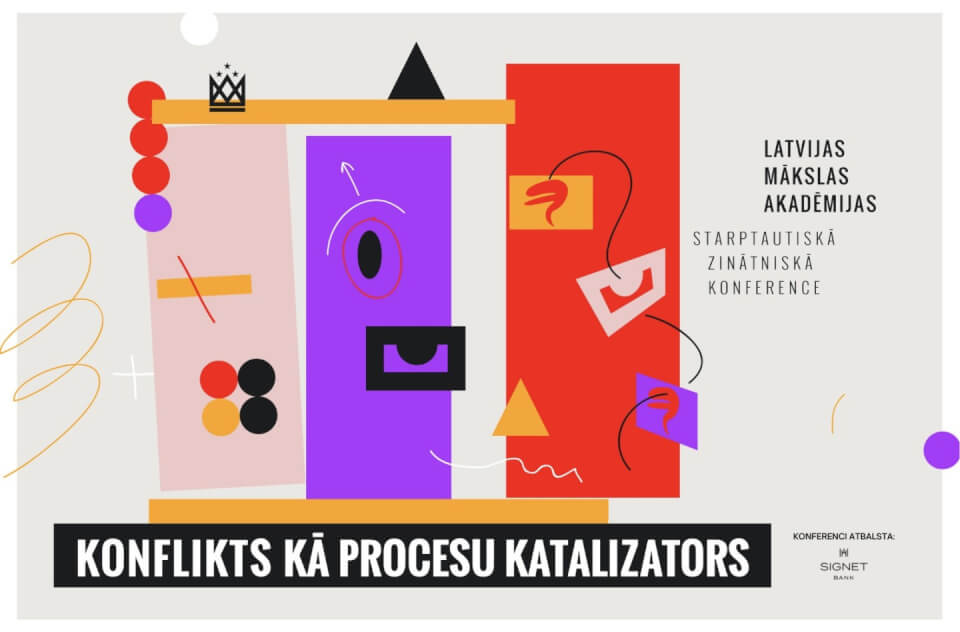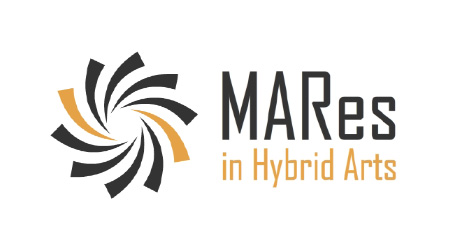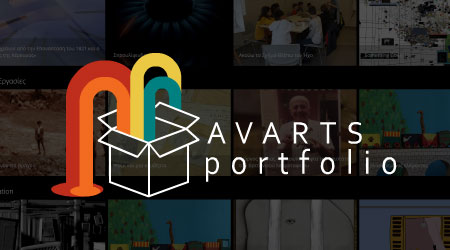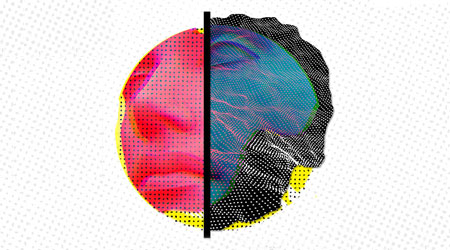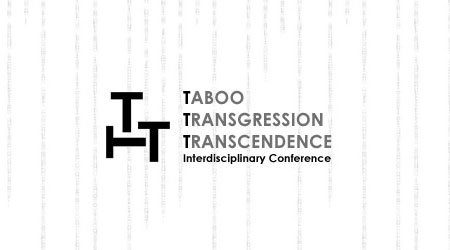Angelos Floros, Assistant Professor and Vassilis Alexandrou, PhD candidate (ELIDEK scholarship holder) of the Department of Audio and Visual Arts of the Ionian University participate with the presentation "Happiness Relay" at the International Conference "Conflict as a catalyst" organized by the Latvian Academy of Arts. The conference takes place online on June 15 and 16.
Happiness Relay: Why not leave them in peace? Happiness Relay is an installation that allows participants using open interactive technologies to be engage in personal or group performance. The project highlights the aggression and violence faced by people worldwide, a steadily growing trend that intervenes as a host in people’s daily lives. Happiness Relay uses silence to monitor human stress and set a threshold for the utopian and / or dystopian environment of our time. Nationalist violence, racial violence, gender violence, ideological violence, economic violence, are just the beginning of a long list of recorded conflicts. With the rise of individualism, a phenomenon of society in the Information Age, every diversity has developed its dipoles, not necessarily for improving the quality of life but for the parasitic survival of its species, leading things mathematically to confusion, a subject where prophetic negotiated Gary Hill in 1984 in his first film ‘Why Do Things Get in a Muddle?’. Happiness Relay creates a framework in which it exposes the unsuspecting audience to the conflicting nature of the environment happiness / misery. The participants roam in embarrassment. Their behaviour is digitised, leading the world to a regression between symmetrical environments. The microphone detects sound activity. Silence turns on the lights, when it is violated then the lights go out. The switch is implemented using a relay. The dynamics of order and disorder that appear from the behaviour of the public forms in real time the boundary of the two situations. A machine learning algorithm uses the logarithmic relationship* of information and uncertainty to shape the transition from state A to state B and vice versa through the audible signal of human activity. A relay opens and closes the electrical circuit having as controller the degree of uncertainty of the system. * I = -log2P (where I is the information and P is the probability), using Shannon’s axiom that information is what one does not know.
Usefull links
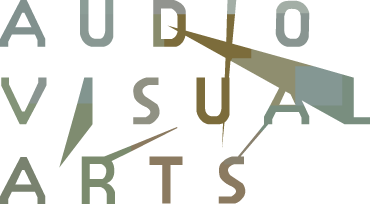


 Program & Book of Abstracts
Program & Book of Abstracts